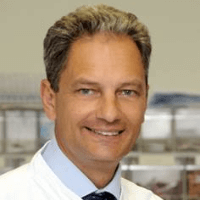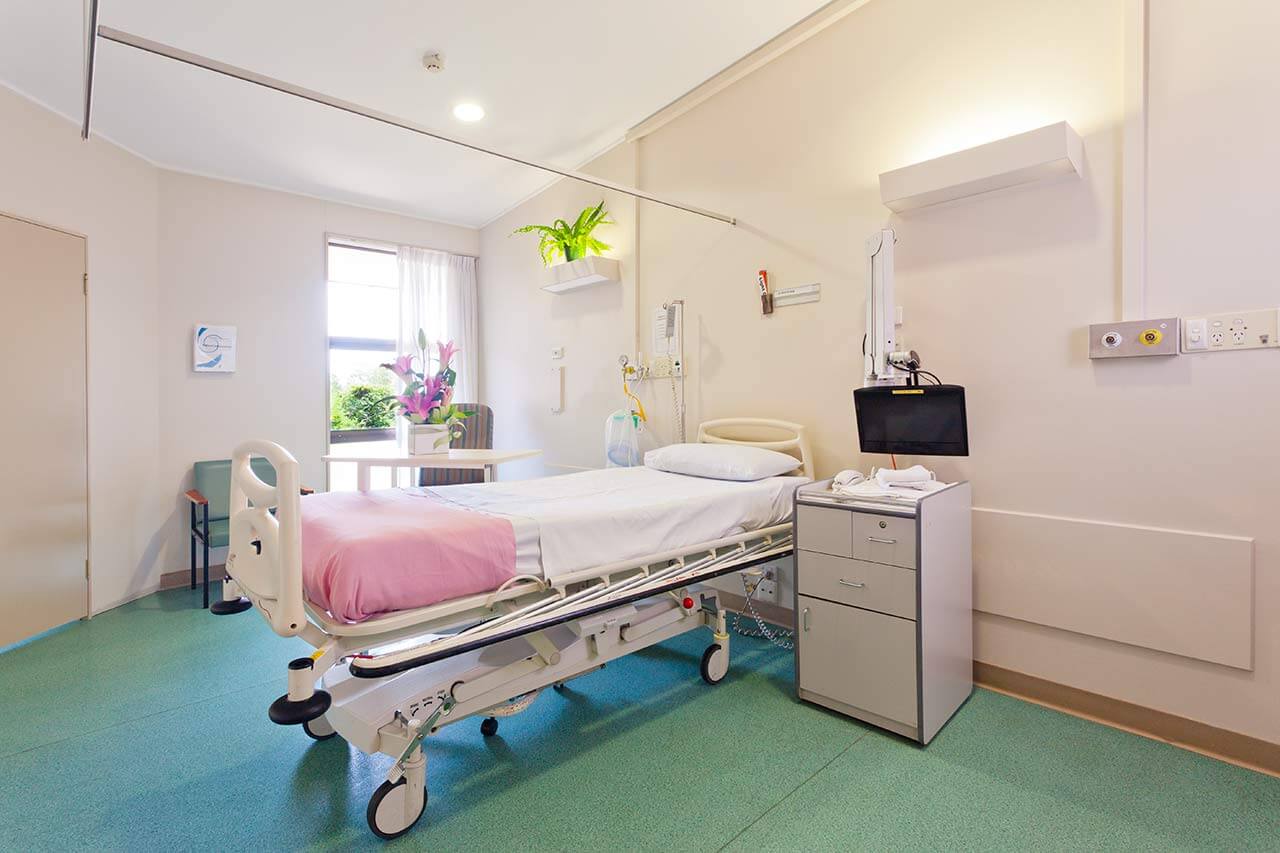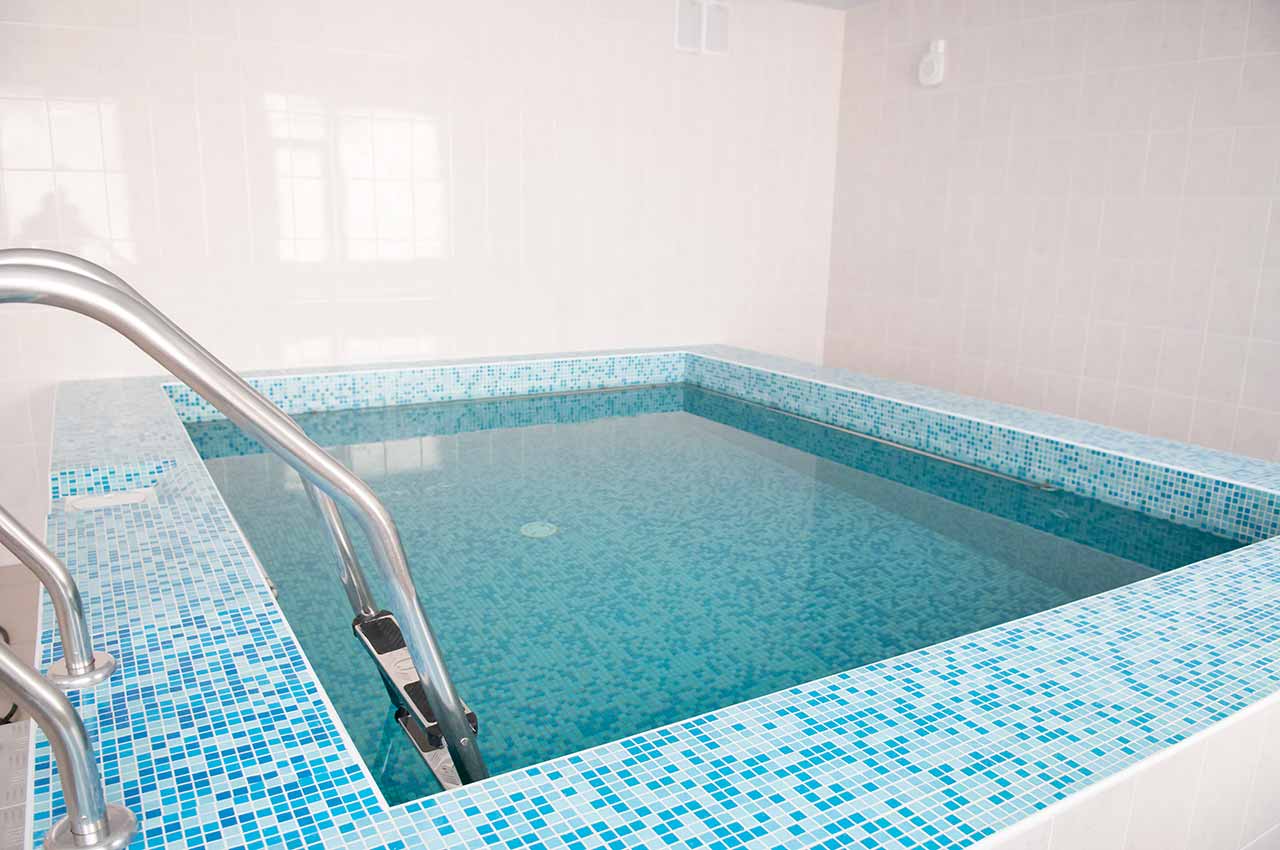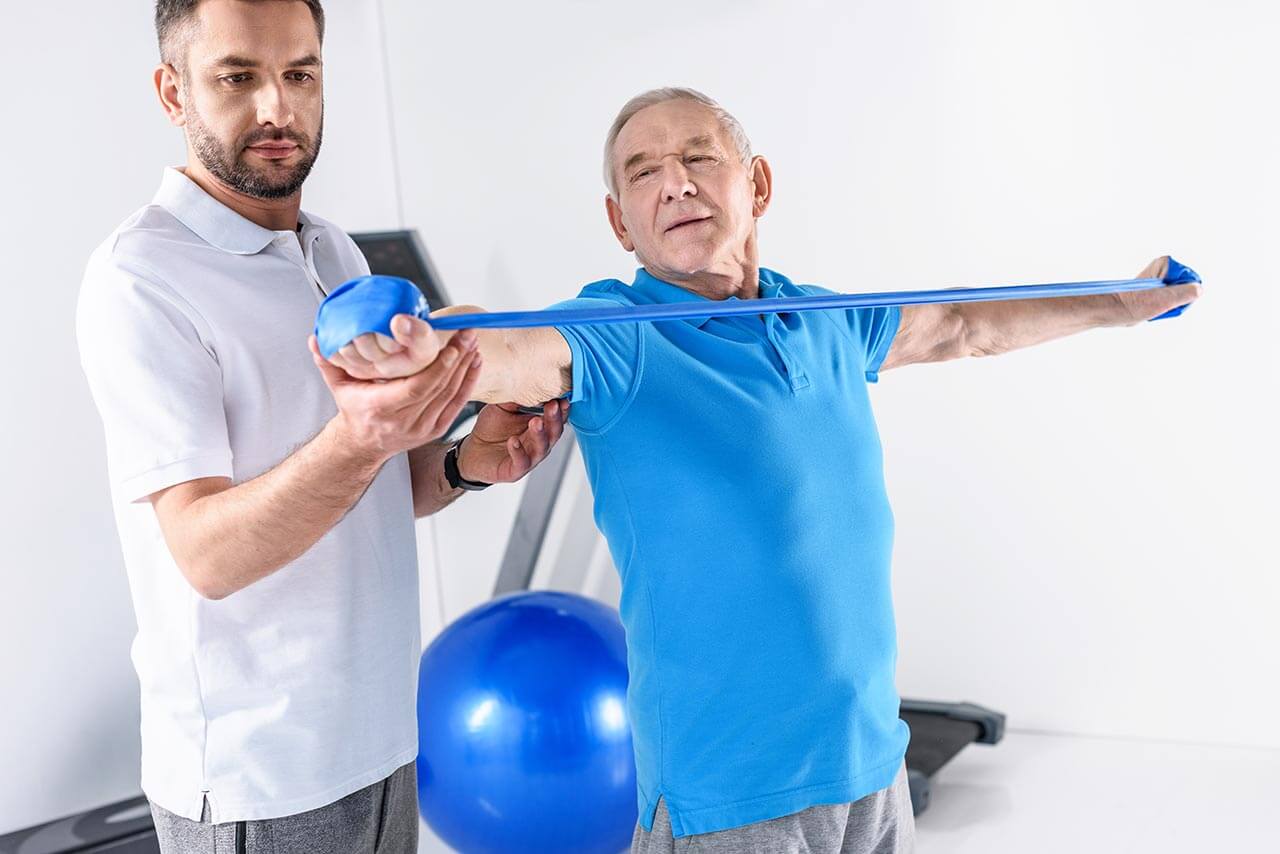
The program includes:
- Primary presentation in the clinic
- medical history, including family history
- complex neurological and orthopedic examinations
- CT / MRI / X-ray examination
- complex neurophysiological examinations
- consultation and curating by a neurourologist
- individual rehabilitation program, which includes:
- bladder training
- bowel training
- propriozeptive neuromuskuläre fazilitation (PNF)
- transcranial magnetic stimulation (TNS)
- orofacial stimulation of Castillo Morales
- functional propriotrening
- various methods of respiratory gymnastics
- Wii Fit training in the use of the balance
- neuropsychological therapy
- functional therapy of the upper extremities (ArmeoSpring)
- functional electrical stimulation / neurostimulation
- kinesitherapy (physiotherapy)
- biocontrol with feedback
- healing deep muscle massage
- neuromuscular electrostimulation
- acupuncture of spasticity and pain syndromes
- occupational therapy
- psycho-educational classes
- Individual physiotherapy
- microcurrent treatment
- fangotherapy / cryotherapy
- antispasmodic drug therapy (incl. Botox)
- mobilization of limb joints
- hydrotherapy / massage therapy / reflexology
- training on special trainers (Lokomat, exoskeleton)
- and etc.
- day-and-night care nurses
- stay in the hospital with full board
- symptomatic and drug therapy
day-and-night |
Service
You may also book:
 BookingHealth Price from:
BookingHealth Price from:
About the department
The Department of Neurological Rehabilitation at the MEDIAN Rehabilitation Clinic Flechtingen provides the full range of modern rehabilitation measures for patients with diseases of the central and peripheral nervous system. The department most often admits patients after such neurological disorders as stroke, traumatic brain injury, meningitis, encephalitis, polyneuropathy and others. The doctors of the medical facility are distinguished by their special competence in the field of rehabilitation treatment of patients with multiple sclerosis. The main types of therapy successfully used in the department include therapeutic exercises, sports therapy, physiotherapy, therapy to restore balance and coordination, ergotherapy, hippotherapy, training on special robotic equipment to restore walking skills, fine and gross motor skills, mirror therapy, speech therapy, art therapy, music therapy and many other effective rehabilitation treatment methods. The set of rehabilitation measures and their intensity are determined for each patient individually. The department is headed by Prof. Dr. med. Michael Sailer.
Acute diseases and injuries of the brain and spinal cord, as well as chronic neurological disorders are often associated with serious restrictions, which prevent a person from returning to his everyday life. Therefore, the main task of the department's rehabilitation therapists is to choose the optimal set of therapeutic procedures, which will help get rid of these restrictions, prevent the progression of the disease and achieve maximum independence of the patient in everyday life. Prior to the appointment of a particular rehabilitation program for the patient, the specialists determine specific goals of the rehabilitation, which must be achieved during the therapy. The department's doctors always strive to provide patients with a high-quality and long-term result of rehabilitation treatment.
It should be noted that one of the priority focuses of the department's work is early rehabilitation, which is carried out within the specialized unit. The patients with such acute and severe injuries of the central and peripheral nervous system as stroke, traumatic brain injury, spinal cord injury and apallic syndrome, are admitted here after their therapy in the Intensive Care Unit. The technical equipment meets all the standards of the Intensive Care Unit. The department also employs a large number of qualified specialists, who provide patients with the necessary professional care.
Many diseases of the brain lead to problems with swallowing and speech. In this regard, the team of the department has the required qualifications, as well as special diagnostic and therapeutic options for the treatment of such disorders. In addition, the department holds personal consultations with the patients and their relatives at any time.
The department also has a specialized Section for Multiple Sclerosis, which provides them with optimal living conditions and treatment. Thanks to close cooperation with organizations for the protection of the rights of such patients, in particular, with the German Multiple Sclerosis Association and other clinics specializing in the treatment of this disease, the department offers its patients the individualized and comprehensive rehabilitation treatment of the highest level.
The department specializes in the rehabilitation of patients after the following neurological disorders:
- Stroke
- Traumatic brain injuries and spinal cord injuries, including paraplegia
- Anoxic brain injuries due to the lack of oxygen (for example, after resuscitation or trauma)
- Conditions after surgery to remove brain and spinal cord tumors
- Conditions after surgery on the brain vessels
- Multiple sclerosis
- Parkinson's disease
- Meningitis and encephalitis
- Degenerative neuromuscular diseases
- Neurogenic swallowing disorders
- Aphasia and dysarthria
- Other neurological disorders
The department's therapeutic options include:
- Therapeutic exercises
- Sports therapy
- Physiotherapy
- Therapy to restore balance and coordination, concentration of attention using the innovative Balance-Board system
- Ergotherapy
- Forced-use therapy
- Training with a speech therapist to restore speech and swallowing disorders
- Functional therapy for the upper limbs with state-of-the-art ArmeoSpring system
- Mirror therapy for patients with impaired limb motor function
- Hippotherapy (therapeutic horse riding)
- Art therapy
- Music therapy
- Other therapies
Curriculum vitae
Professional Career
- 1988 - 1990 Assistant at the Institute of Pathology at the Hannover Medical School.
- 1990 - 1994 Professional training in Neurology, Department of Neurology at the Hannover Medical School.
- 1995 Senior Physician in the Department of Neurology II, hospital at Otto von Guericke University Magdeburg.
- 1996 - 1997 Research Fellow in the Institute of Neurology at the National Hospital for Neurology and Neurosurgery, London.
- 1999 Habilitation in Neurology.
- 1999 Senior Physician with management responsibilities, Department of Neurology II, hospital at Otto von Guericke University Magdeburg.
- 2002 - 2003 Advanced training course, Master of Business Administration (MBA).
- Since 2006 Endowed Professorship, Otto von Guericke University Magdeburg.
- Since 2006 Chief Physician in the Department of Neurological Rehabilitation at the MEDIAN Neurological Rehabilitation Clinic Magdeburg.
- Chief Physician in the Department of Neurological Rehabilitation at the MEDIAN Rehabilitation Clinic Flechtingen.
Photo of the doctor: (c) MEDIAN Klinik Flechtingen
About hospital
The MEDIAN Rehabilitation Clinic Flechtingen opened its doors to the first patient in 1993 and today it is one of the best rehabilitation centers not only in Germany, but also in Europe. The medical facility specializes in comprehensive rehabilitation of patients after diseases of the nervous system, cardiovascular system, lungs and respiratory tract. The rehabilitation center is part of the well-known MEDIAN Kliniken Group, which has more than 120 clinics throughout the country. Each clinic provides patients with top-class medical care in accordance with the highest standards of modern rehabilitation medicine.
The clinic has 420 beds for inpatient treatment. Every year, thousands of patients undergo rehabilitation here. They get a chance to return to their usual social and professional life after the severe consequences of neurological, cardiological and respiratory diseases. When admitted to the clinic, the patient undergoes a comprehensive diagnostic examination for the assessment of his state of health and rehabilitation potential, after which the doctors elaborate for him an individual rehabilitation program, implying the achievement of particular goals. The competent specialists of various fields cooperate closely on the development of the program. They include neurologists, cardiologists, pulmonologists, physiotherapists, psychologists, speech therapists, nutritionists and nursing staff who are always ready to help the patient. The primary task of all specialists of the rehabilitation clinic is the maximum social and professional reintegration of the patient, as well as giving him the opportunity to live a full life.
The therapeutic options of the clinic include therapeutic exercises, various types of physiotherapy, hydrotherapy, ergotherapy, inhalation therapy, speech therapy, music therapy, art therapy, psychological care and other types of treatment. The rehabilitation activities are carried out in modern treatment rooms equipped with everything necessary for the highest efficiency of rehabilitation treatment.
The specialists of the rehabilitation center have vast clinical experience, and therefore rehabilitation therapists successfully cope with both moderate clinical cases and especially complex ones, returning patients to a full-fledged life. The highest quality of the rehabilitation services in the clinic is marked by many certificates, including ISO, TÜV Rheinland and the DEGEMED certificate of the German Society for Medical Rehabilitation. In addition, the steadily growing number of patients undergoing rehabilitation at the clinic confirms its reputability and prestige in the European medical arena.
Photo: (с) depositphotos
Accommodation in hospital
Patients rooms
The patients of the MEDIAN Rehabilitation Clinic Flechtingen live in comfortable single and double rooms made in a modern and cozy design. Each patient room has an ensuite bathroom with shower and toilet. Many patient rooms are specially equipped in order to meet the needs of people with disabilities. The standard patient room furnishings include an automatically adjustable bed, a bedside table, a wardrobe, a table and chairs for receiving visitors, a telephone and a TV. The patient rooms also have Wi-Fi.
If desired, the patients can live in enhanced-comfort rooms. They are additionally equipped with upholstered furniture, a mini fridge and a safe for storing valuables.
Meals and Menus
The patient and the accompanying person are offered tasty and balanced three meals a day. The patients have a daily choice of three menus for lunch, as well as buffet breakfast and dinner. If for some reason you do not eat all foods, you will be offered an individual menu. Please inform the medical staff about your food preferences prior to treatment.
Further details
Standard rooms include:
Religion
The religious services are available upon request.
Accompanying person
During the inpatient program, the accompanying person can live with the patient in a patient room or a hotel of his choice. Our managers will help you choose the most suitable option.
Hotel
During an outpatient program, the patient can stay at the hotel of his choice. Our managers will help you choose the most suitable option.




